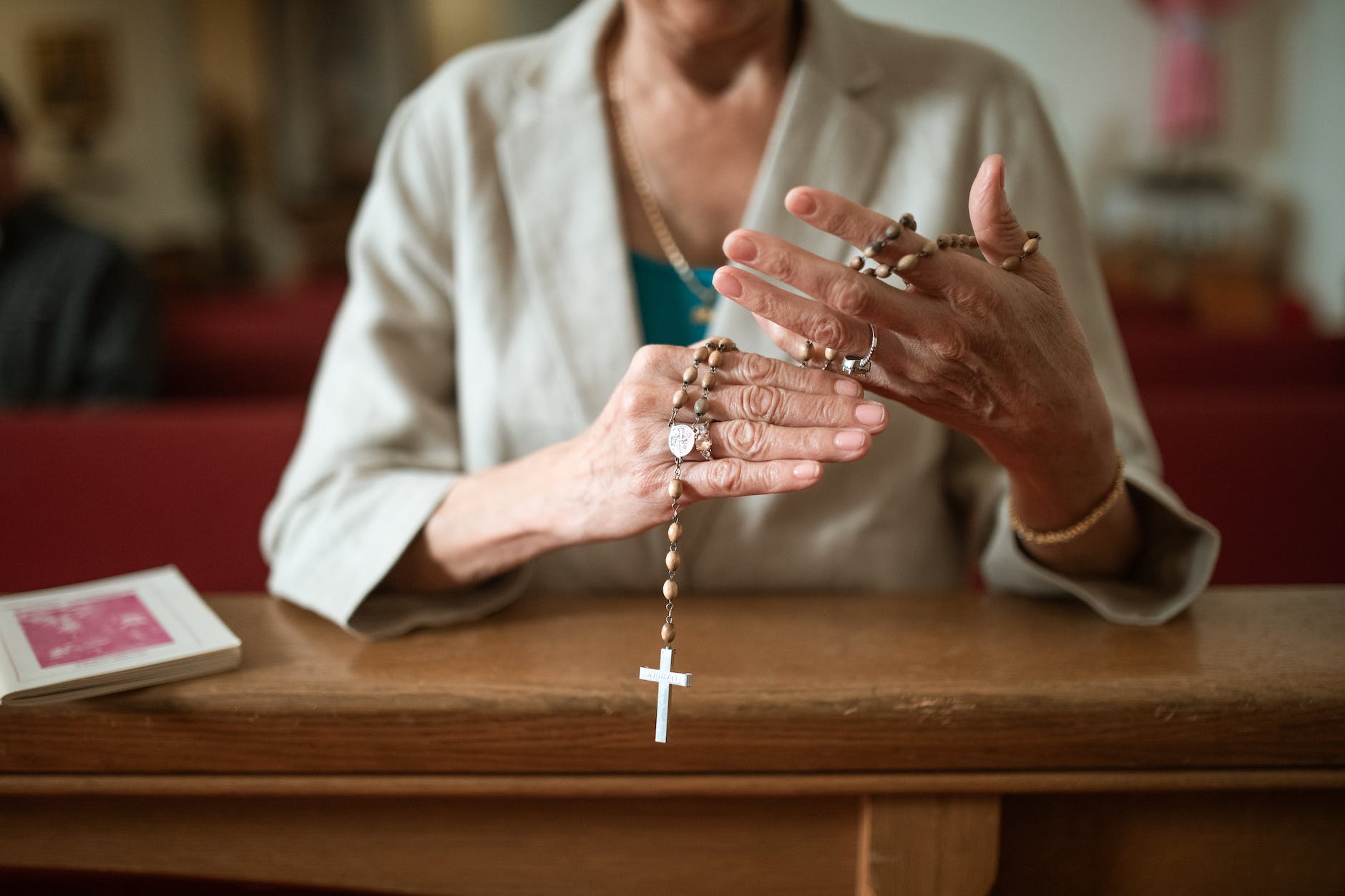 rthodox Christianity, with its deep roots in ancient traditions and steadfast commitment to faith, boasts a rich and captivating history that spans over two millennia. This branch of Christianity, often referred to as Eastern Orthodox, has a distinctive cultural and theological heritage that has influenced millions of believers worldwide. In this blog post, we will embark on a fascinating journey to explore the historical origins, key doctrines, and significant contributions of Orthodox Christianity. Join us as we delve into the depths of this ancient faith and uncover its enduring legacy.
rthodox Christianity, with its deep roots in ancient traditions and steadfast commitment to faith, boasts a rich and captivating history that spans over two millennia. This branch of Christianity, often referred to as Eastern Orthodox, has a distinctive cultural and theological heritage that has influenced millions of believers worldwide. In this blog post, we will embark on a fascinating journey to explore the historical origins, key doctrines, and significant contributions of Orthodox Christianity. Join us as we delve into the depths of this ancient faith and uncover its enduring legacy.
The Origins of Orthodox Christianity:
The history of Orthodox Christianity can be traced back to the early days of the Christian Church. In the first centuries AD, the Apostles and their disciples spread the teachings of Jesus Christ throughout the Eastern Mediterranean and beyond. The early Christian communities established in places like Antioch, Alexandria, and Constantinople played a crucial role in the development and spread of Orthodox Christianity. As the faith grew, distinctive theological and liturgical traditions began to emerge, shaping the identity of the Orthodox Church.
Orthodox Cross and Symbolism:
The Orthodox cross, also known as the Eastern cross or Russian cross, is a distinctive symbol that embodies the essence of Orthodox Christianity. Unlike the Latin cross, the Orthodox cross features an additional horizontal bar at the top, representing the inscription “INRI” (Jesus of Nazareth, King of the Jews) in three languages: Greek, Latin, and Hebrew. The presence of the Orthodox cross necklace has become a popular expression of faith for many Orthodox Christians, signifying their devotion to Christ and their identity within the tradition.
Doctrines and Beliefs:
Orthodox Christianity places great emphasis on the preservation of apostolic tradition and the teachings of the early Church fathers. The Orthodox faith adheres to the Nicene Creed, which outlines the fundamental beliefs of Christians worldwide. Central to Orthodox theology is the belief in the Holy Trinity, the divinity of Jesus Christ, and the importance of the sacraments in the spiritual life of believers. The Eucharist, or Holy Communion, holds a special place in Orthodox worship, symbolizing the unity between God and humanity.
Liturgical Worship:
One of the distinctive features of Orthodox Christianity is its rich liturgical worship. The divine services are characterized by their beauty, reverence, and deep symbolism. The use of icons, ornate church buildings, and incense create a sensory experience that transports the faithful into a sacred realm. Chanting and hymnody, often accompanied by traditional musical instruments, fill the air, guiding worshippers in their prayers and praises. The liturgical calendar, filled with feasts and fasts, punctuates the rhythm of Orthodox Christian life.
Art and Architecture:
Orthodox Christianity has been a patron of the arts throughout history. From the intricate mosaics of Ravenna to the frescoes of the monasteries on Mount Athos, religious art has flourished within the Orthodox tradition. The icons, which hold a significant place in Orthodox worship, are painted images of Christ, the Virgin Mary, and the saints. These sacred images, often adorned with an orthodox cross necklace, serve as windows to the heavenly realm and aids in personal devotion and prayer.
Contributions to Christianity:
Orthodox Christianity has made significant contributions to the broader Christian world. The Church Fathers, such as St. Athanasius, St. John Chrysostom, and St. Basil the Great, played instrumental roles in shaping Christian theology and doctrine. The theological debates of the early Church, including the Councils of Nicaea and Chalcedon, resulted in defining orthodox Christian beliefs and refuting heretical teachings. Additionally, the monastic tradition within Orthodoxy has preserved ancient spiritual practices and served as a source of inspiration for Christians of various denominations.
Monasticism and Spiritual Heritage:
Orthodox Christianity has a strong tradition of monasticism, which has had a profound impact on the spiritual life of believers. Monasteries, such as Mount Athos in Greece and the monastic communities of the Egyptian desert, have served as centers of prayer, asceticism, and theological study. Monasticism embodies the call to a life of prayer, solitude, and devotion to God, providing a source of inspiration for Orthodox believers and offering a living example of spiritual dedication. The wisdom and teachings of the Desert Fathers and Mothers, renowned spiritual guides of early Christianity, continue to be revered and studied within Orthodox circles, offering valuable insights into the pursuit of holiness and the inner life of prayer.
Global Reach and Diversity:
While often associated with Eastern Europe and the Byzantine Empire, Orthodox Christianity has a global presence and a diverse community of believers. The faith has spread beyond its historical centers, reaching various parts of the world through missionary efforts and migration. Today, Orthodox Christians can be found in countries such as Russia, Greece, Romania, Serbia, Ukraine, Egypt, Ethiopia, and the United States, among others. Each local Orthodox Church preserves its unique traditions and customs while remaining in communion with the larger Orthodox family. This global reach highlights the universal nature of the Orthodox faith and its ability to adapt and flourish in different cultural contexts while maintaining its core theological foundations.
Conclusion:
The history of Orthodox Christianity is a testament to the enduring power of faith and tradition. With its ancient roots, rich liturgical worship, and profound theological insights, Orthodox Christianity continues to inspire and guide millions of believers around the world. By exploring its history, doctrines, and contributions, we gain a deeper understanding of this remarkable branch of Christianity and its impact on both the religious and cultural landscape. As we journey through the annals of Orthodox Christianity, we discover a heritage that is steeped in spirituality, beauty, and devotion.
Avid Writer with invaluable knowledge of Humanity!
Upcoming historian with over 30 million views online.
“You make your own life.”





